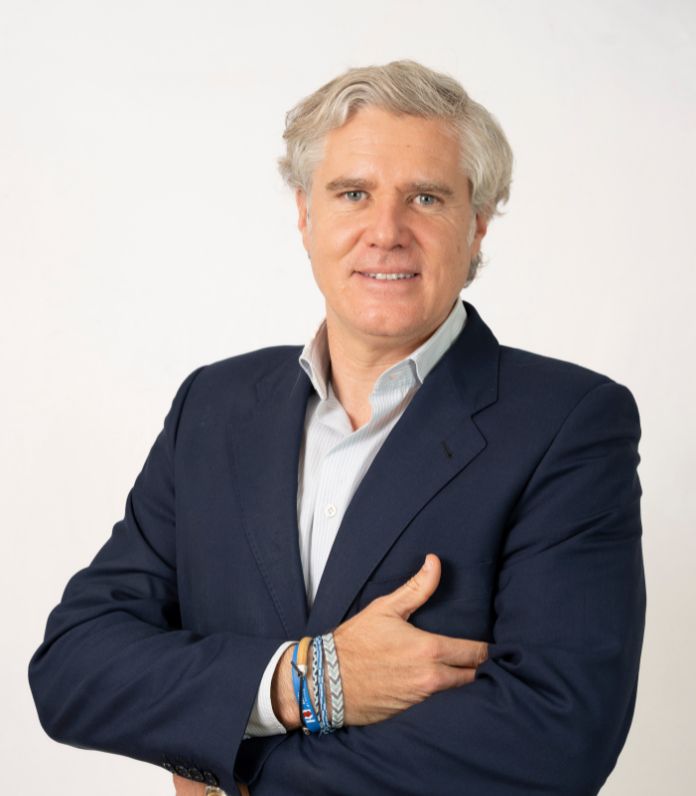La jerarquía empresarial en el siglo XXI
Highlight
-
The hierarchical structure is an organizational model based on levels of authority and responsibility, where each position has a defined role within the company.
-
This system facilitates decision-making, improves internal organization, and allows a clear distribution of functions, optimizing operational efficiency.
-
Despite its benefits, it can create rigidity, limit innovation, and hinder communication between different levels of the company.
The hierarchical structure of a company is also known as a pyramidal structure, and it´s a type of organizational distribution that consists of limiting the different levels of subordination and control of a Company based on the responsibility and decision making – power of the people that are part of each height .
“The companies organize their human resources based on structures in order to guide workers and achieve the goals that are proposed”
This structure is based on the principles of classical theories and to this day it is still the most widespread in public and private companies due to its easy application. In addition, small and medium companies are governed by this model for the ease and speed with which with they manage to design and implement their structural organization chart. Even so, in recent years, this organizational model begins to disappear from some innovative companies that pursue success by establishing new structures and they say they know to take advantage of the benefits of the workers.
Hierarchical structure of a company: keys and success cases
How to implement the hierarchical structure of a company
If you are looking to successfully implement the hierarchical pyramid, start by constructing a solid and clear organizational chart. First and foremost, identify and define the roles and responsibilities of each hierarchical level. This process involves the hierarchical arrangement of the company, where specific functions are assigned to each position, from the top to the bottom.
Effective communication is also essential, ensuring that each member understands their position within the structure and how they contribute to the overall success of the organization. Furthermore, the hierarchical structure is optimized when clear communication channels are established between the levels, allowing for a smooth transmission of information and decisions. Ongoing training and development of personnel are valuable tools to ensure that employees are equipped to fulfill their responsibilities and efficiently climb the organizational pyramid.
Advantages of the hierarchical structure of a company
The most used organization model offers many advantages to companies. The main ones are the following:
1. Authority
This structure leaves no room for doubt. As the pyramid grows narrower, the managers of the company appear with their clear and well – defined functions, and all the staff of the organization knows who supervises the work of each level and who is responsible for the business decisions. At the top, the manager or maximum representative of the company responds for all employees.
2. Specialization
In larger organizations, it is difficult for a few people to control all the areas in which the company is involved, so the hierarchical structure of a company allows to divide the work in large departments in which the pyramidal structure is re – established to continue taking advantage of the benefits of its order.
3. Promotion
The workers who are part of the hierarchical structure of a company know perfectly what is the next rank to achieve in the organization, which makes it easier to keep staff motivation high.
Disadvantages of the hierarchical structure of a company
The companies that are organized based on this structure highlight some disadvantages:
1. Rigidity
Adapting to new needs can be a slow process in companies with hierarchical structures. And is that when all decisions fall on a person or a very small team, the agility is lost. This rigidity makes that some measures of change are delayed and may cause the company to be marginalized in today's frenetic market
2. Communication
Dividing the work into departments makes that communication between the members of the company is not completely fluid and causes the concerns of some to be alien to others and vice versa.
3. Disunity
Form large departments with new internal pyramid structures can make workers lose connection with the company and start working looking for the success of the department itself, which sometimes may not share the same goals of the organization
It's important that all the companies find their ideal organizational structure and, from its application, establish the basis of the work in order to achieve success.
Success cases in the implementation of the hierarchical structure, examples
Several success cases support the effective application of the hierarchical structure in various industries. Leading companies such as Google, Amazon, or Red Bull have demonstrated how this organizational arrangement contributes to their growth and sustained success. Much of their success is attributed to employing the hierarchical structure to manage their operations effectively, allocate responsibilities clearly, and maintain a consistent strategic direction.
The organizational success of Google, Amazon, and Red Bull is due to their use of a hierarchical structure to efficiently manage operations, clearly assign responsibilities, and maintain a coherent strategic direction.
Financial institutions, in particular, have found significant benefits in applying hierarchical organization. The hierarchical structure has enabled quick decision-making and effective supervision in environments where precision and efficiency are crucial.
Application in flexible spaces: the Lexington approach
At Lexington, we have innovatively integrated the hierarchical structure into our flexible workspaces. We recognize the importance of maintaining operational efficiency and communication clarity even in dynamic environments.
Our flexible workspaces are designed with a clear hierarchy in mind, assigning specific areas for teams and particular roles. This has allowed for much more effective collaboration within workgroups while simultaneously maintaining organizational cohesion.
BONUS TRACK: Implementing feedback and evaluation systems ensures that the hierarchical structure adapts to the changing needs of our team. 💡 Thus, our ability to quickly adapt to new opportunities and challenges has improved, maintaining essential flexibility in a dynamic business environment. 🙌🏼
A good organization and business structure make no sense if an optimal, flexible, and productive work environment is not achieved, as our flex spaces promote. Request information about them here ⬇
“Success is not achieved only with special qualities. It is, above all, a work of constancy, method and organization.”
J.P. Sergent







